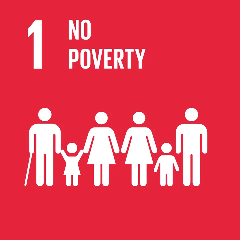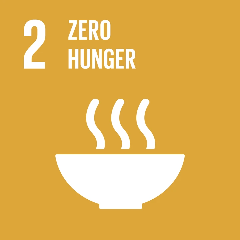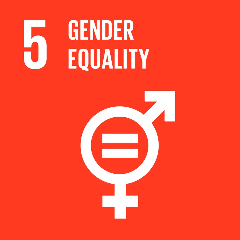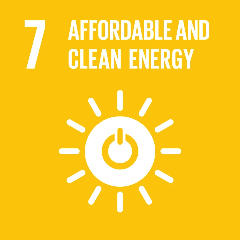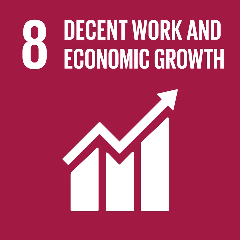
- About Us
- Resources
- Our Work
- Our Work
- Our Impact
- Our Approach
- …
- About Us
- Resources
- Our Work
- Our Work
- Our Impact
- Our Approach
- About Us
- Resources
- Our Work
- Our Work
- Our Impact
- Our Approach
- …
- About Us
- Resources
- Our Work
- Our Work
- Our Impact
- Our Approach
Our Mission
Together, we will improve the livelihoods of Zambian female farming cooperatives.
Our Vision
We strive to be an enterprise that builds the agricultural economy while eradicating poverty and promoting environmental sustainability.
Our Values
Guided by deeply held principles to empower women, combat poverty and improve the environment, we confirm that everything we do aligns with our core values.
Transparency
Ethics matter. We are transparent about our intentions with farmers and how we spend funding with our donors.
Customer Success
Our farmers are our beneficiaries as well as our customers. Their success is our success.
Curiosity
We approach our work with a sense of curiosity, always striving to learn from other sectors and leaders.
Perseverance
Smallscale farming is demanding. We can only succeed if we persevere through tough climate, economic and global challenges.
Delivery of Results
We focus on setting high standards for success and achieving those goals—from farmer yield to organizational KPIs.
Our Operating Principles
From the moment we founded our organization, we have focused on creating a culture that is defined by our principles and reinforced by our behaviors. It is this commitment to our principles that has allowed us to grow and expand our impact.
We take initiative.
We are agile and dynamic in our approach.
We are ethical and accountable in our operations.
We engage in friendly encounters with respect.
We like to be creative.
Our Commitment to the UN SDGs
We incorporate the United Nations Sustainable Development Goals into our model in support of ending poverty, preserving the planet and improving opportunities for all by 2030.
The majority of our women farmers live at or below the World Bank threshold for extreme poverty. We leverage proven agricultural technologies and trainings to rapidly lift these women and their households out of poverty so that they can afford school fees, healthcare and basic goods.
Our farmers enter into our program at a below-subsistence level, meaning that they do not harvest enough to feed their families. Within the first year of our program, our farmers reach surplus levels, producing enough maize and vegetables to feed their families for an entire year. Any surplus is sold for additional household income.
Women constitute 70% of the Zambia's agricultural workforce. Yet across Africa, female smallscale farmers consistently have less access to credit, technology and agricultural training than their male counterparts. We work to bridge the "agricultural gender gap" while improving economic and agricultural productivity for the region.
We actively incorporate affordable, clean energy technologies whenever possible. Steering away from equipment like diesel pumps, we work toward fossil fuel independence by using solar-powered water pumps that lift groundwater for maize and vegetable irrigation.
Our model fuels regional and economic growth and provides decent work for women and their children. We know that women with less financial strain tend to send their children to school, and that these children—especially their daughters—are less likely to leave school early to assist with household and farm management.
We seek to alleviate Zambian rural farming communities' persistent world aid dependency through our hybrid social enterprise model, which builds our women farmers to become completely self-sufficient paying customers. Though they start our program with technology subsidies, as they build their wealth, within 1-2 years they become self-sufficient and are able to prosper on their own.
Even though our women participants are small-scale, subsistence farmers, we promote climate-sensitive practices that they can maintain as they grow more successful. We teach climate-smart agriculture techniques that promote soil conservation. We reuse agricultural residue as soil cover and choose multi-use instead of single-use storage bags in addition to many other methods of minimizing waste.
The Harvest Fund is a Zambian private company limited by guarantee
US 501(c)(3) EIN: 84-3031919 | hello@theharvestfund.org

